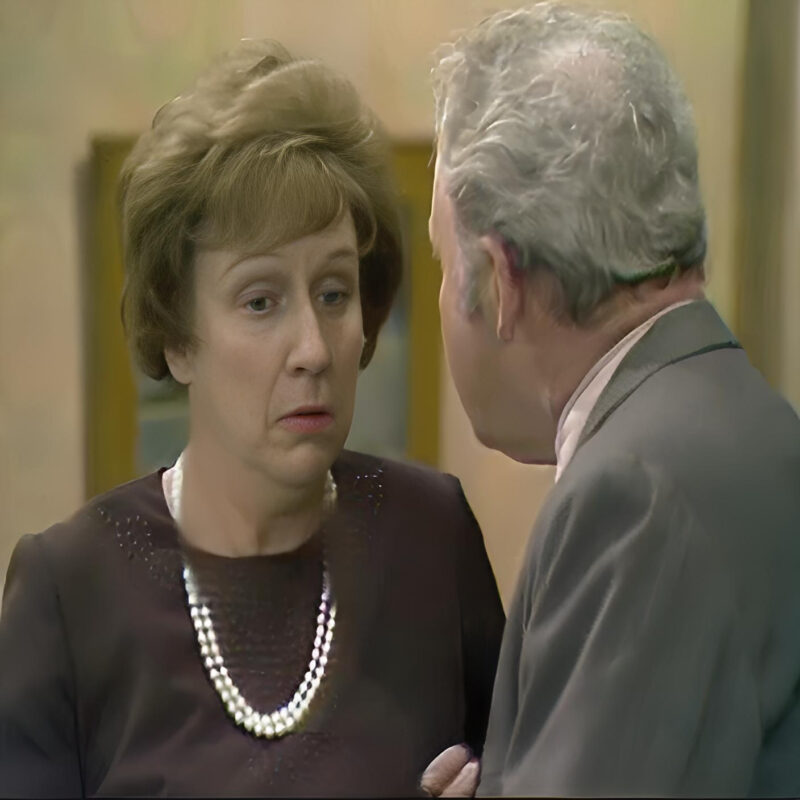
In the 1970s, the comedy series All in the Family became notorious for its unflinching confrontation of racism, sexism, and politics. When the show premiered, creator Norman Lear, the cast, and CBS collectively held their breath, uncertain how audiences would react to its provocative dialogue and contentious viewpoints.
A Necessary Viewer Advisory
Given the show’s groundbreaking content, Lear and CBS deemed a viewer advisory essential. This precaution was intended to prepare audiences for the show’s candid exploration of societal issues.
Ridiculing Bigotry through Archie Bunker
Lear conceived All in the Family not to glorify bigots, but to mock them. His goal was to make a fool out of Archie Bunker, the bigoted patriarch, showcasing the absurdity of his prejudices.
“It wasn’t that I thought bigotry per se could be funny, but that a fool on any subject can be funny,” Lear wrote in his 2015 memoir, Even This I Get to Experience. “It was the state of the man’s mind. [Archie] was afraid of tomorrow. He was afraid of anything new, and that came through in the theme song.”
The show’s opening song, performed by Carroll O’Connor (Archie) and Jean Stapleton (Edith), lamented the passing of simpler times. “‘Gee, our old LaSalle ran great, Those were the days.’ [Archie] was lamenting the passing of time because it’s always easier to stay with what is familiar and not move forward,” Lear continued. “This wasn’t a terrible human being. This was a fearful human being. He was just afraid of change.”
Early Doubts and Warnings
Lear considered several actors for the role of Archie, including Mickey Rooney. Upon hearing the premise, Rooney predicted disaster. He warned Lear that Archie Bunker’s bigotry and offensive language would provoke outrage: “Norm, they’re going to kill you, shoot you dead in the streets.” Fortunately, Rooney’s dire prediction proved wrong, and Lear had a hit on his hands.
The Advisory and Premiere
Premiering the show was both thrilling and risky for Lear and CBS. The bold content and language were unprecedented for television.
Lear recalled the tension of watching the first episode air: “I wasn’t sure whether to laugh or cry, and I was no clearer about that at home three hours later, where a few friends and members of the cast and company who lived nearby were gathered around our TV set with us as the show began in the West.”
Before the show began, an advisory appeared on screen: “The program you are about to see is All in the Family. It seeks to throw a humorous spotlight on our frailties, prejudices, and concerns. By making them a source of laughter, we hope to show – in a mature fashion – just how absurd they are.”
As Lear noted, half an hour after the advisory, the television-watching population of the United States met Archie Bunker, “and not a single state seceded from the Union.”
Conclusion
All in the Family not only survived but thrived, changing the television landscape forever. Lear’s vision and willingness to tackle controversial issues head-on created a timeless show that remains a significant part of American culture.
